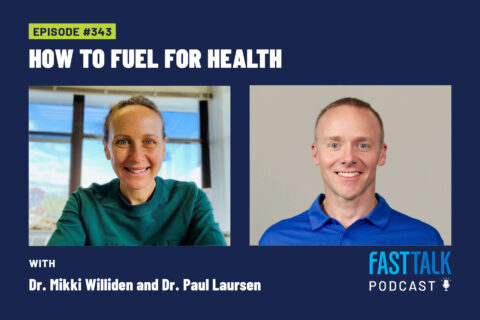
How to Fuel for Health
There’s an important difference between fueling for performance and fueling for health. In this episode, Dr. Mikki Williden and Dr. Paul Laursen give their suggestions on how to fuel for health.
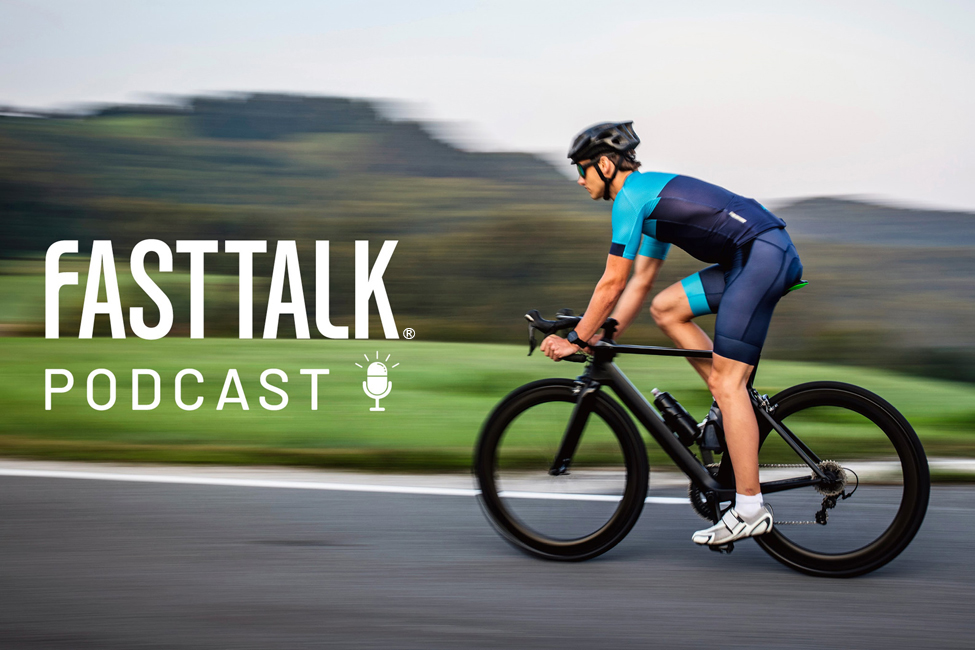
The Fast Talk Podcast focuses on the science of endurance sports in a conversational and informative style. Mixed into the deep discussions, there are tips and takeaways regarding endurance training philosophy, human physiology, workout design, performance nutrition, and sport psychology.
Our hosts Trevor Connor and Rob Pickels explore these topics with world-class, leading experts on endurance sports. These include researchers like Dr. Stephen Seiler, Dr. Bent Ronnestand, Dr. Inigo San Millan, as well as coaches such as Joe Friel, Neal Henderson, Stacy Sims, and Grant Holicky.
Subscribe to Fast Talk for over 275 episodes on Apple Podcasts, Google Podcasts, Overcast, Soundcloud, Spotify, Stitcher, and on your favorite podcasting app.

There’s an important difference between fueling for performance and fueling for health. In this episode, Dr. Mikki Williden and Dr. Paul Laursen give their suggestions on how to fuel for health.
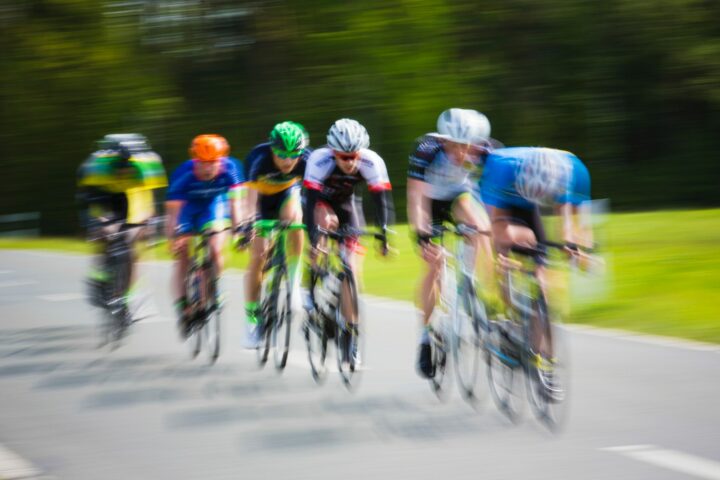
High-intensity training offers many benefits. It also has limitations. We explore just how much HIT work you need to perform at your best.
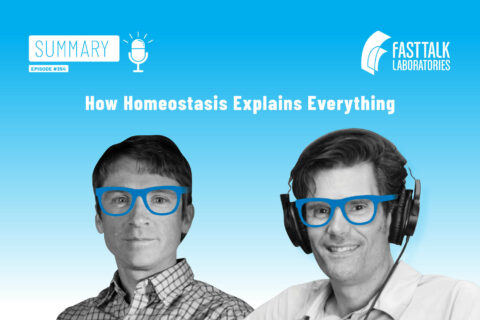
In this summary episode we discuss how homeostasis is at the core of almost every function in our bodies, including how we train and stay healthy.
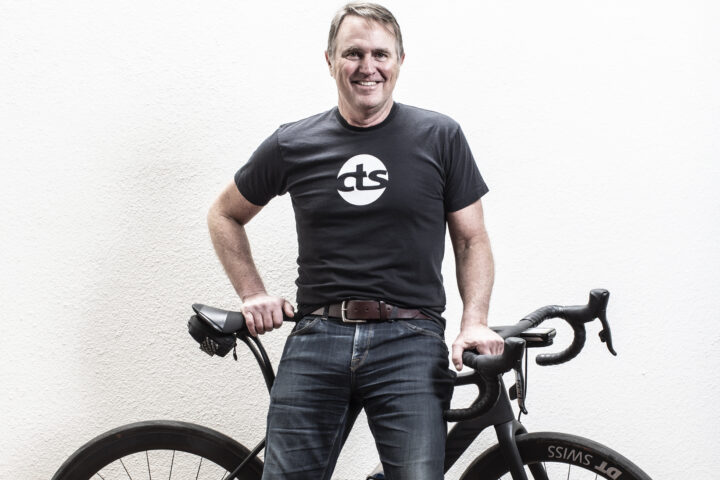
The author of The Time-Crunched Cyclist joins Fast Talk to discuss the science, merits, and limitations of the time-crunched training method.
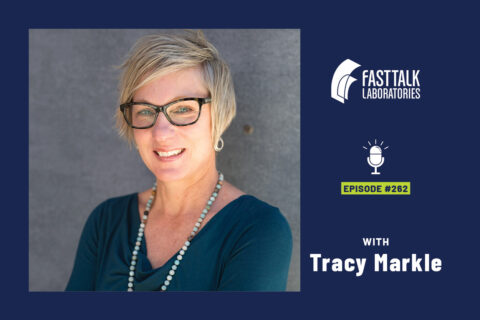
In this week’s Fast Talk podcast, we discuss the impact digital media can have on the physical, mental, and emotional health of athletes.
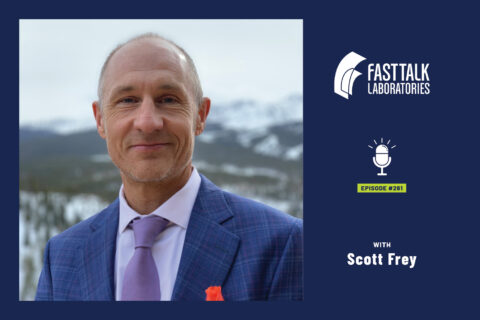
What is pain—and how can we learn to tolerate it in training and racing? We find out on our latest Fast Talk podcast where we’re joined by neuroscientist Dr. Scott Frey.
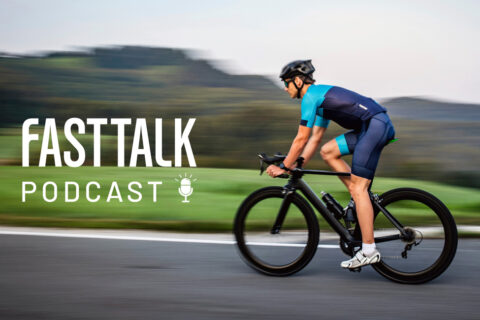
In this week’s episode, our hosts talk about the best work to do leading into the race season, getting meditative during intervals, and preparing for an epic event.
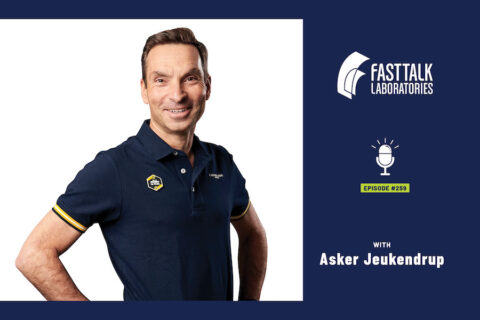
We know we need carbs for training and racing, but what impact do they have on our health? We discuss the pros and cons with one of the world’s leading sports nutrition experts.
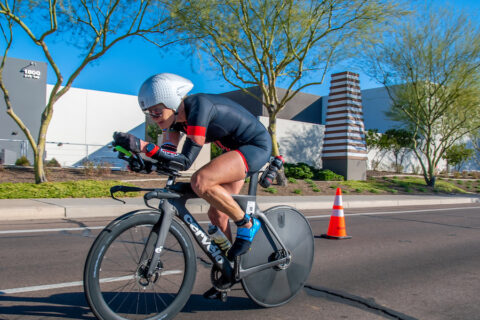
Former XTERRA world champion and coach Melanie McQuaid talks with us about the pros and cons of top athletes becoming coaches.
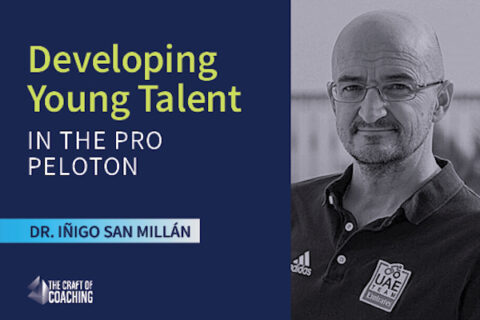
At age 18, Spanish cyclist Juan Ayuso signed with World Tour team UAE Team Emirates. In this podcast, Dr. San Millán discusses Ayuso’s successful move to the pro peloton and the obstacles facing American junior cyclists.
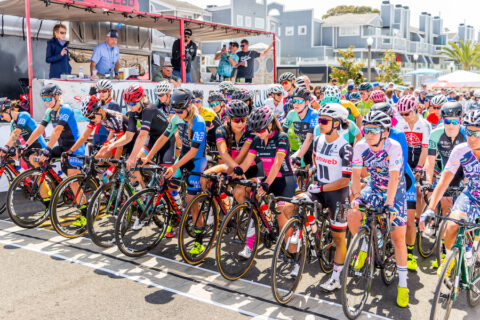
In this week’s show, we talk about how we deal with the stress of competition, whether threshold intervals are old news, and the mental side of dealing with health setbacks.

Dr. Michael Crawley and Andy Kirkland join us to talk about what they’ve learned working and training with top Ethiopian runners.

We max out on metaphors in this week’s Fast Talk podcast as we talk about some of the key principles behind training, recovery, and fueling.
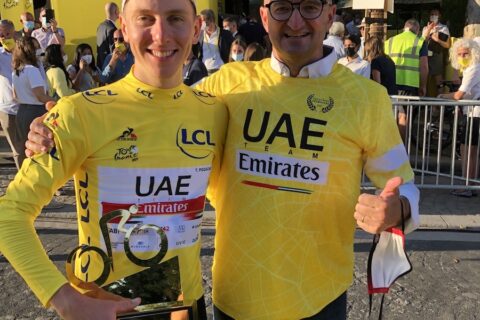
Elite cycling coach Dr. Iñigo San Millán explores the goals of training during the early season, base training months and how to best execute that training.
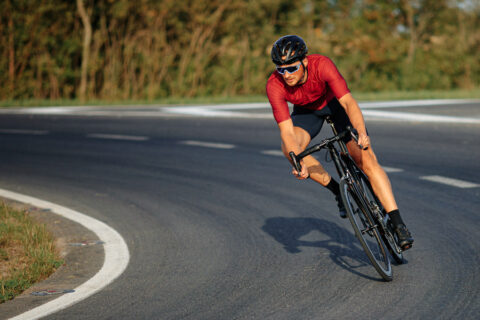
In this special Nerd Lab episode, we focus on three recent studies published by Dr. Bent Ronnestad that are all focused on improving time at VO2max.
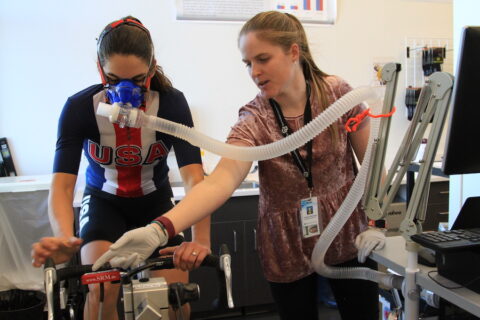
Time at VO2max is driving the recent research on what makes the most effective intervals, but is it a good metric to use? We find out on this week’s Fast Talk podcast.
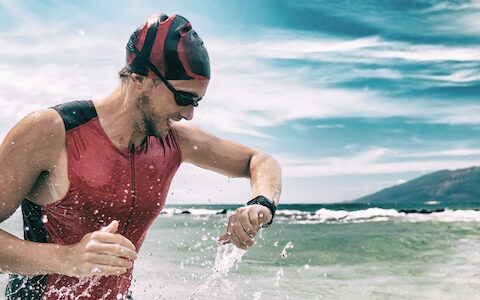
We all need goals to help us stay on track, but what’s the secret to effective goal setting? Two top coaches share their secrets.
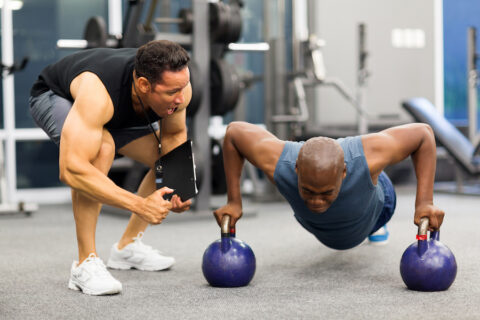
Understanding your sources of motivation can be key to achieving your athletic potential, yet it’s a topic that can also be surprisingly complex. We talk with mental performance expert Sonya Looney on how to find your motivation.
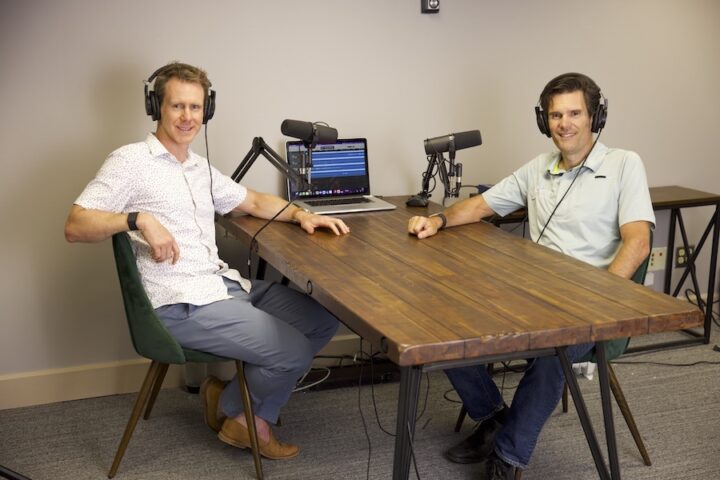
Our hosts pick their favorite podcasting moments from 2022 with a variety of fun and informative guests.
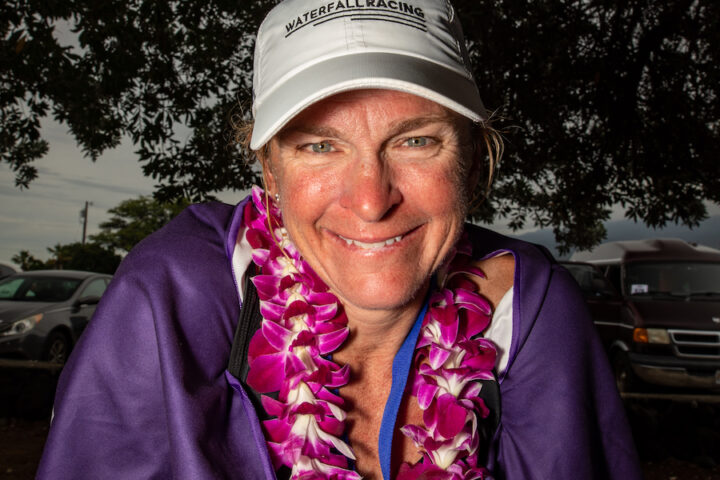
What does it take to win one of the world’s longest and most grueling endurance events—and how do you do that aged 52? Listen in to find out!
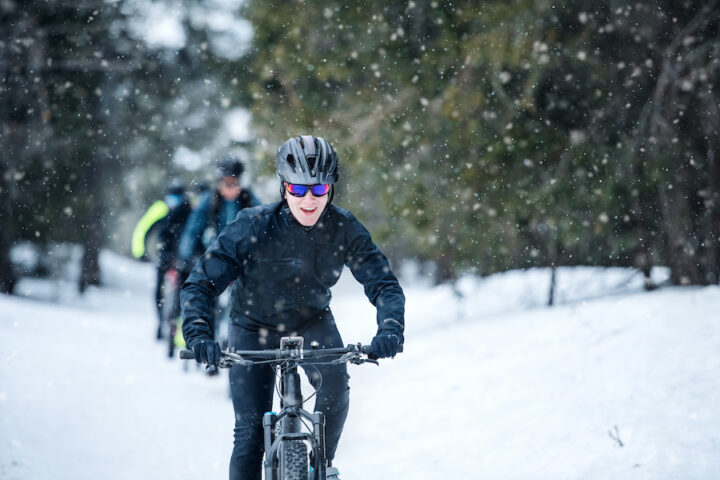
In this week’s show, we talk about training over the holidays, why discomfort is important to our development, and our goals for 2023.
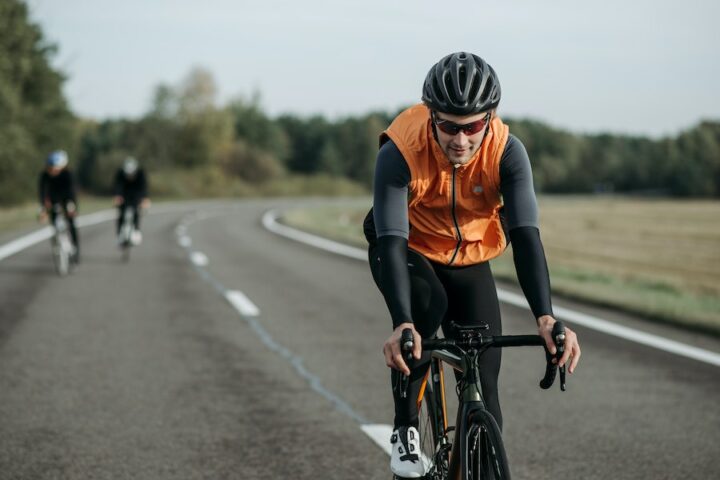
We all understand the purpose of high-intensity intervals and long endurance rides, but is there a value to kitting up and doing a workout that’s both short and easy?